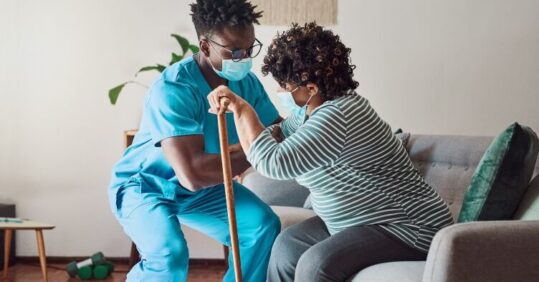One in eight people who test positive for Covid experience symptoms of long Covid between 90 and 150 days after catching the disease, a study has shown.
The 76,422 participants completed questionnaires on their experience of 23 possible symptoms in 24 separate, repeated measurements – such as breathing difficulties, general tiredness and painful muscles – between March 31st 2020 and August 2nd 2021.
Out of this cohort 4,231, or 5%, tested positive for Covid and were paired with 8,462 control subjects, matched according to age, sex, and the timing of Covid diagnosis. Matching for timing allowed the researchers to account for symptoms in the population without Covid because of seasonal effects and non-infectious pandemic consequences, the researchers said.
The Dutch study concludes that 12.7% of patients who contracted Covid experience symptoms within 90 to 150 days that can be attributed to long Covid. They found that while ‘cold-like symptoms’ tended to return to their pre-Covid baselines within five weeks, other symptoms such as muscle soreness and difficultly breathing remained high.
The study also suggested that there are some symptoms which female patients are more likely to experience. The data suggested that they ‘showed a longer persistence of increased symptom severity after Covid-19 than male Covid-19-positive participants’. In particular, females showed symptoms such as persistent tiredness and feeling hot and cold alternatively.
However, the researchers suggest that ‘the female preponderance in symptom experience is not only due to differences in biology (ie, sex), but also in societal expectations of women and men (ie, gender roles).
They added: ‘Feminine gender roles, for example, are thought to be associated with poorer access to health care, which might also explain health-related gender differences.’
However, the researchers pointed out that study of the condition has been hampered by a lack of consensus on the nature of the condition, the symptoms it causes, and the timeframe that should be considered.






